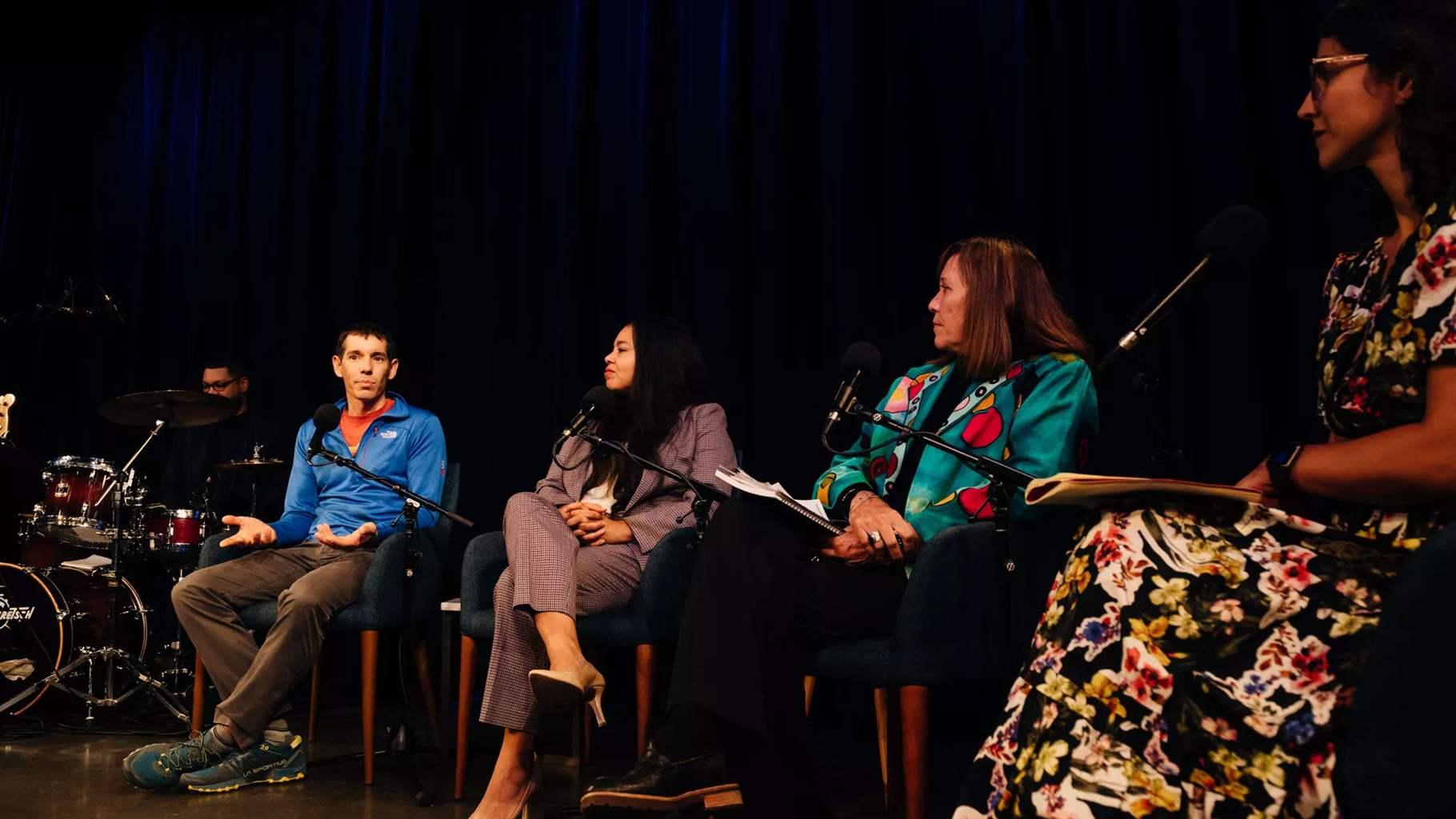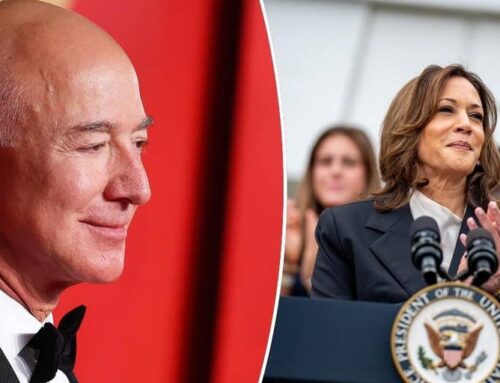At Climate Week Event, a Clean Energy Future Comes Into Focus
October 28, 2024
Clean energy industries, from solar and wind to electric vehicles and battery storage, have already added hundreds of thousands of jobs to the U.S. economy and could prove to have a historic impact on American society. Significant challenges to the clean energy transition remain but are surmountable, provided that government, industry, scientists, and others embrace emerging technologies and work together to bridge the gap between the past and future.
Those were the top takeaways from “Climate Night Live: Visions From the Clean Energy Future,” an event hosted by Canary Media and The Pew Charitable Trusts on Sept. 23 during Climate Week NYC, an annual event held in conjunction with the United Nations General Assembly in New York.
As a part of the event—which brought together top clean energy experts, government officials, philanthropists, media representatives, and advocates—Pew announced a new initiative to scale distributed energy resources (DERs) as a crucial pathway to the U.S. meeting its clean energy goals. DERs include rooftop solar panels, energy storage systems, and microgrids—a grouping of electricity sources that can operate independently of the broader electric grid and keep critical community services online during major power outages. (See our recent analysis to learn more.)
If widely deployed, DERs have the potential to make a vast difference in the U.S. shift to clean energy.
“If you have a single DER—think rooftop solar, electric vehicle, [or] advanced appliance—your ability to compete in the [energy] marketplace is nil,” said former Federal Energy Regulatory Commission Chairman Neil Chatterjee. “But if through the power of technology and innovation, you can suddenly harness thousands and thousands of distributed energy resources, then you’re competing against the power plant down the street and you are actually doing it at the source of demand, and that gives you an advantage.”
To gain that advantage, former Secretary of State John Kerry said, the time to act is now.
“We have to make the decision to transition,” Kerry told the 100-plus people who attended in person as others joined online. “And, in the doing of that, there are an incredible number of jobs to be created; it is a bigger economic opportunity than the industrial revolution was.”
Jigar Shah, head of the Loan Programs Office at the Department of Energy, said rising demand for energy would essentially force utilities to modernize, which he said is needed to break a cycle that has proved costly for consumers.
“Today we are in a place of real pain,” said Shah. “Because the utilities have been trying so hard to stretch the tools they are used to using for so long, that we are now in a place where they are raising rates by double digits every year.”
Other speakers noted that government, utilities, and industry must ensure that the advantages of clean, more affordable energy are equitably distributed. During a panel on equity-centered climate solutions, Dana Clare Redden, founder of Solar Stewards—an Atlanta-based renewable energy social enterprise—said the U.S. is undergoing an “amazing revolution of renewable energy” but added: “We need economic opportunities that will uplift families.”
The event also featured other participants committed to ensuring the equitable transition to clean energy, including philanthropist and climber Alex Honnold, who founded the Honnold Foundation. Honnold said that one key to advancing equitable solutions is to invest in affected communities.
“They know what they need, so help them execute on their good ideas,” he said. “We work with partners we trust, and we trust them absolutely. I think some of that stems from the climbing world, where you only climb with partners you trust, and you trust them with your life.”
The global community is in what the Bezos Earth Fund calls “the decisive decade” to address climate change and protect nature. Dr. Cecilia Martinez, chief of environmental and climate justice at the fund, said, “We need to make a change in this decade if we are really going to work to save the planet and the communities that are a part of it.”
Laura Lightbody is the director, Maureen Quinlan is a senior officer, and Leah Ford is a senior associate with The Pew Charitable Trusts’ energy modernization project.
Search
RECENT PRESS RELEASES
Related Post






